Johnson C. Smith Theological Seminary student begins candid conversations about HIV/AIDS, sexuality, race, and faith community. This is the third article of a February 7–March 7, 2013, series of reflections from Johnson C. Smith’s first annual HIV competency training conference. New articles every Thursday!
By Minister Erik Taylor Doctor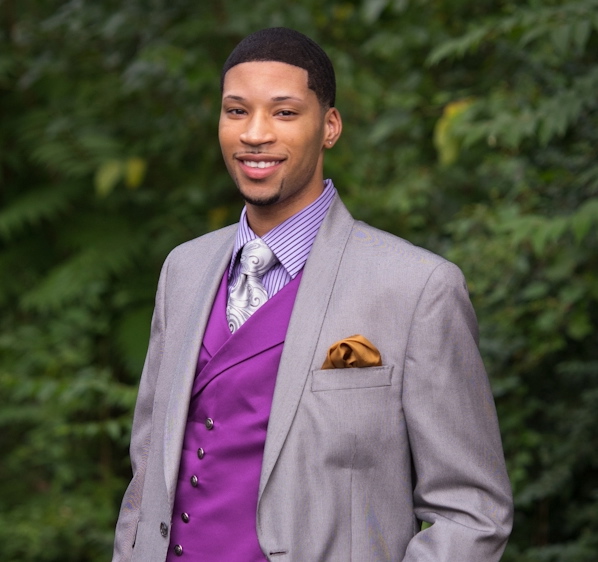
It is time to put this mythology to rest: HIV/AIDS is not now, nor has it ever been, a “gay man’s disease.” It is a human disease—a virus that can affect any person of any age, race, gender, sexuality, economic class, ethnicity, and ability. We know this, and our rational selves quickly assent to the universality of HIV/AIDS. But stereotypes and assumptions about sexuality and race are still embedded in much of our language, political choices, and ministry, thereby stigmatizing and confusing, with tragic consequences, HIV/AIDS (a biological virus) and sexuality (a human identity).
Moreover, HIV/AIDS is decidedly human because it is our own social structures and accompanying silence that author its disproportionate impact upon marginalized or vulnerable communities, as well as prevent care from reaching the people who need it most.
I am a 23-year-old man of color, a seminary student at Johnson C. Smith Theological Seminary, a minister of Jesus Christ, and an openly same gender loving man. And this, the humanness of HIV/AIDS, is my message.
It is a message deepened by my experience during the 2012 “AIDS Competent Churches and Church Leaders” Conference. I went to this gathering knowing a majority of the information that was to be shared. But this was the first instance in which I was able to examine collectively with the utmost scrutiny the nuances and details of HIV/AIDS advocacy.
The conference has made my convictions for HIV/AIDS advocacy only stronger and has fueled me into a deeper and more passionate role of advocacy for HIV/AIDS education. The conference shared various values for living into our current contexts, in which persons and communities living with and/or affected by HIV/AIDS are often marginalized. It called upon us to recognize ourselves as the hands and feet of Jesus on the earth as agents of liberation through education, justice, and direct care. We are called to shed light and give hope to all those who will listen.
___________________________________________
Stereotypes and assumptions about sexuality and race are still embedded in much of our
language, political choices, and ministry, thereby stigmatizing and confusing, with tragic
consequences, HIV/AIDS (a biological virus) and sexuality (a human identity).
___________________________________________
As persons who carry out the mandate of Christ: we are compelled to shine light in the dark places that come from lack of understanding. The conference presentations gave us a strategy to make this light shine. That strategy combines the policy analysis and advocacy of the Office of Public Witness, biblical interpretation and implications, and asset mapping. Together, these presentations taught us to connect our theological perspectives and resources to build strong communities who will stand in the gap between those who suffer and those who inflict suffering.
I have changed since the conference. I have begun to offer more education within my personal relationships, faith community, and relationships. More specifically, I have propelled my family to consider beginning a consulting firm, in which each of us will use his or her specific gifts to bring full actualization to persons.
But the most immediate impact for me is that I am able to support and encourage those persons I know directly who are affected by HIV/AIDS. This means being their friend, but also their advocate. Advocacy is a work for all of us who are set apart to be servant leaders. I have also increased my involvement with organizations and persons who are seeking to do good work in this area. It is to important for me, as minister and future pastor and teacher, that I expose all who will hear and listen, and then act to see that there are none in the commUNITY who are excluded. Personally, this means that I must lead by example. It means that I must continue to embrace and not fear associations with persons who are living with and affected by HIV/AIDS.
I am now able to engage candid conversations about stigmatization and the demonizing HIV/AIDS as a “gay man’s disease.” A grave disservice is done when we try to convict persons who are authentically true to themselves and their sexuality. As we work to create HIV/AIDS competent churches in 2013 and beyond, we must first begin to address the systemic woes that plague our church universal. No longer can we allow the church to call the things that are human unholy and curses. Because we are persons of informed reason and thought, we must without fail fight humanly forward and live the change we want to see. From this point I move to activation of the gifts I possess to fight constantly for those who are misunderstood and marginalized, and work to create a community that encloses with love, rather than excludes, the wounded of God’s children.
In G-d’s Grace I Remain,
Minister E. Taylor Doctor
Read more articles in this series.
_________________________________
AUTHOR BIO: Minister E. Taylor Doctor (Erik) is a native of Charleston, South Carolina. A 2011 graduate of Virginia Commonwealth University (VCU), earning Bachelor of Arts degrees in Religious Studies and Music Education with a minor in Spanish, Minister Doctor is a disciplined academician. While attending VCU he was a member of the Black Student Union (a student organization which worked for social justice and equality for student of ethnic background on the campus of VCU), and served this organization as the Men’s Fellowship leader, and co-chair for special events. As a social activist at heart, Minister Doctor believes that as we do to the least of these so we do to God, for we are all children of God. Minister Doctor, in August 2011, enrolled at the Interdenominational Theological Center (ITC) in Atlanta, Georgia, where he is pursuing two masters’ degrees: Masters of Divinity and Master of the Arts in Church Music as a constituent at Johnson C. Smith Theological Seminary.

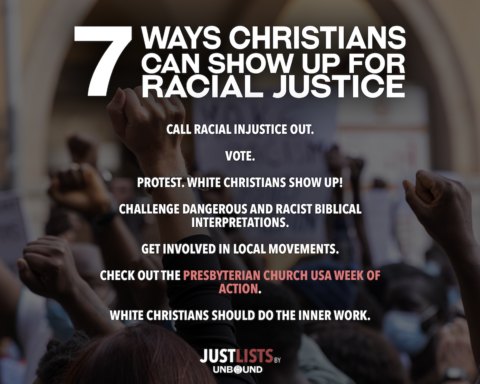
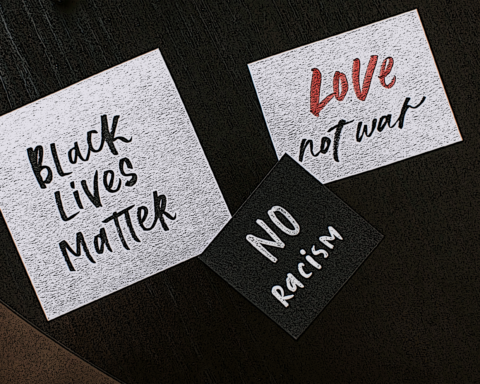
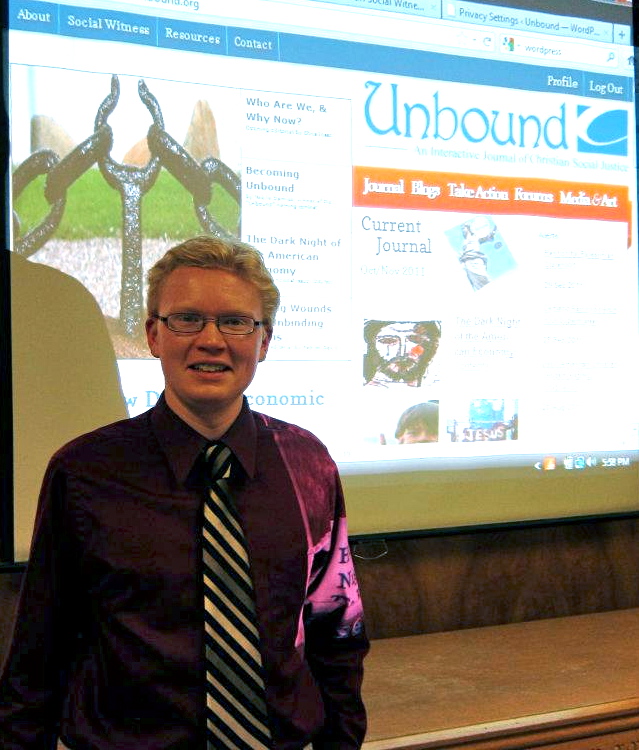
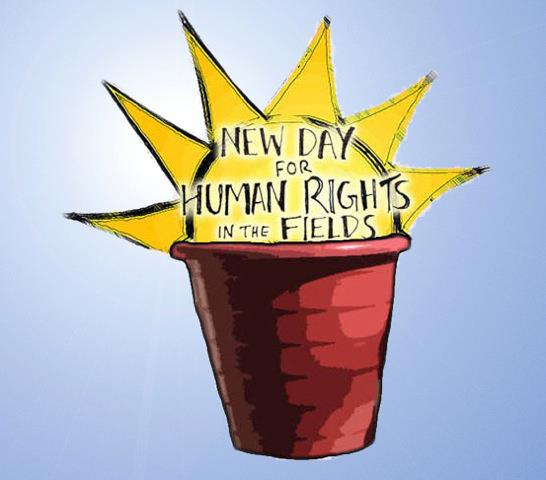
Unbound Social